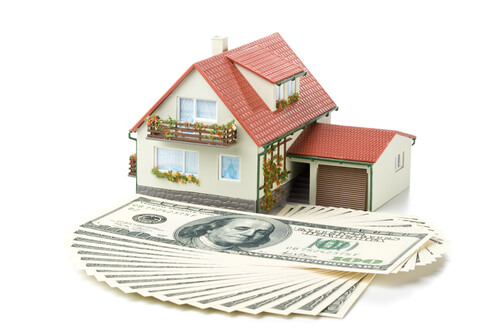

In the homebuying process, if you find yourself in the enviable position of having more cash than needed for a minimum down payment, it may be difficult to know just how much you should put down. A larger down payment can bring plenty of benefits, but is it always best to contribute the biggest down payment possible?
First, remember that every loan program has its own down payment requirements. FHA loans for example require a minimum of 3.5% while jumbo loans will require at least 10%. To get a conventional loan without PMI you’ll need 20%. USDA and VA, by contrast, do not require any down payment at all. Part of your decision will be based on which loan program fits your needs.
The Benefits of Big Down Payments
- Lower Payments
The higher your down payment, the lower your actual mortgage loan total will be. That will translate into lower, more affordable monthly payments.
- Lower Interest Rates
When you contribute a significant amount of money, the lender’s risk of loss decreases. This is because you have more to lose if you were to default and statistically, those who contribute larger down payments have lower rates of foreclosure. Because you are putting so much skin in the game, lenders will offer you lower interest rates. That could end up saving you thousands over the course of your loan.
- More Equity
You will have more instant home equity with a larger down payment. Essentially, that means you truly own a bigger chunk of your home right off the bat. For some people, owning their home outright is a priority and a big down payment can jump start that process.
- No (or Less) PMI
When your down payment is 20% or higher, you will not be required to pay private mortgage insurance. PMI is required for those with less than 20% as a way to protect the lender in case the borrower defaults. Of course, you can have PMI canceled once your equity reaches 20% but you can save money by never having to pay for it in the first place with a large down payment.
The Drawbacks of Big Down Payments
- Less Liquidity
Once you put all that cash into your home loan, it is no longer liquid and at your immediate disposal. If a life emergency arises and you have not held onto much money after your home purchase, you may be in a tough spot financially. In order to access your home equity, you will have to apply for a home equity loan or a cash-out refinance, or even sell your home.
- Investment Opportunity Cost
Owning a home is not the only way or best way to build wealth. You may want to make a minimum down payment so that you can invest capital elsewhere – stocks, bonds, REITs, mutual funds, etc. If you sink all your available cash into a home, you will lose the opportunity to possibly grow it faster in other investment vehicles.
- Higher Risk in Bad Economies
And of course, a larger down payment puts you at greater risk of losing your capital if the economy tanks and home prices plummet. It could take years for the market to correct itself and restore your equity. This makes it tough if you need to move before full recovery.
Because there are many pros and cons on both sides of the issues, ultimately, the size of your down payment should be determined by your overall financial goals, your current level of savings, and your tolerance for risk.
Call us today at 401-419-9771 for a no-obligation analysis and discussion of your mortgage goals.
